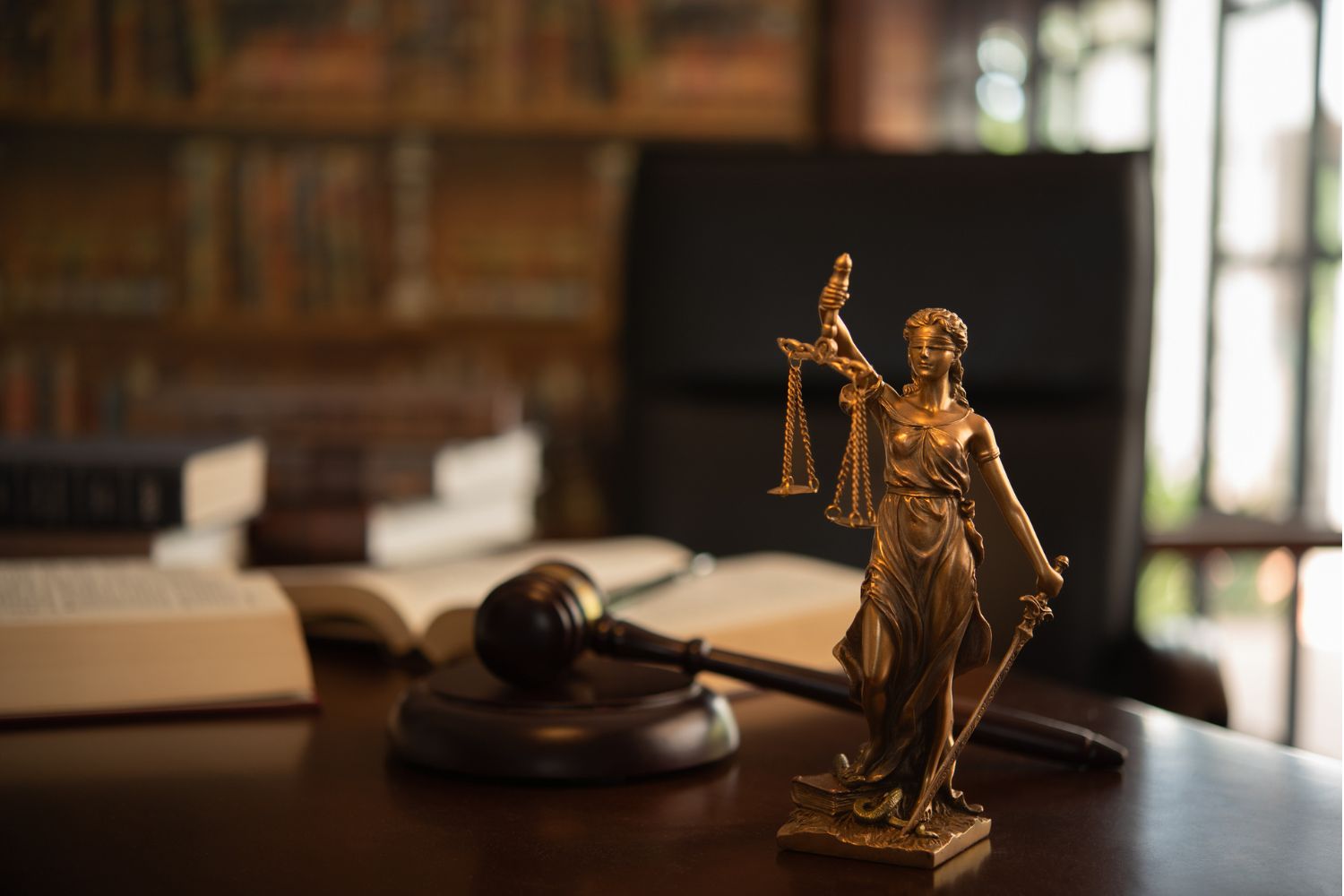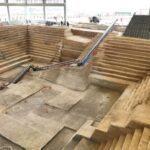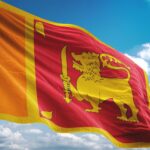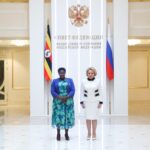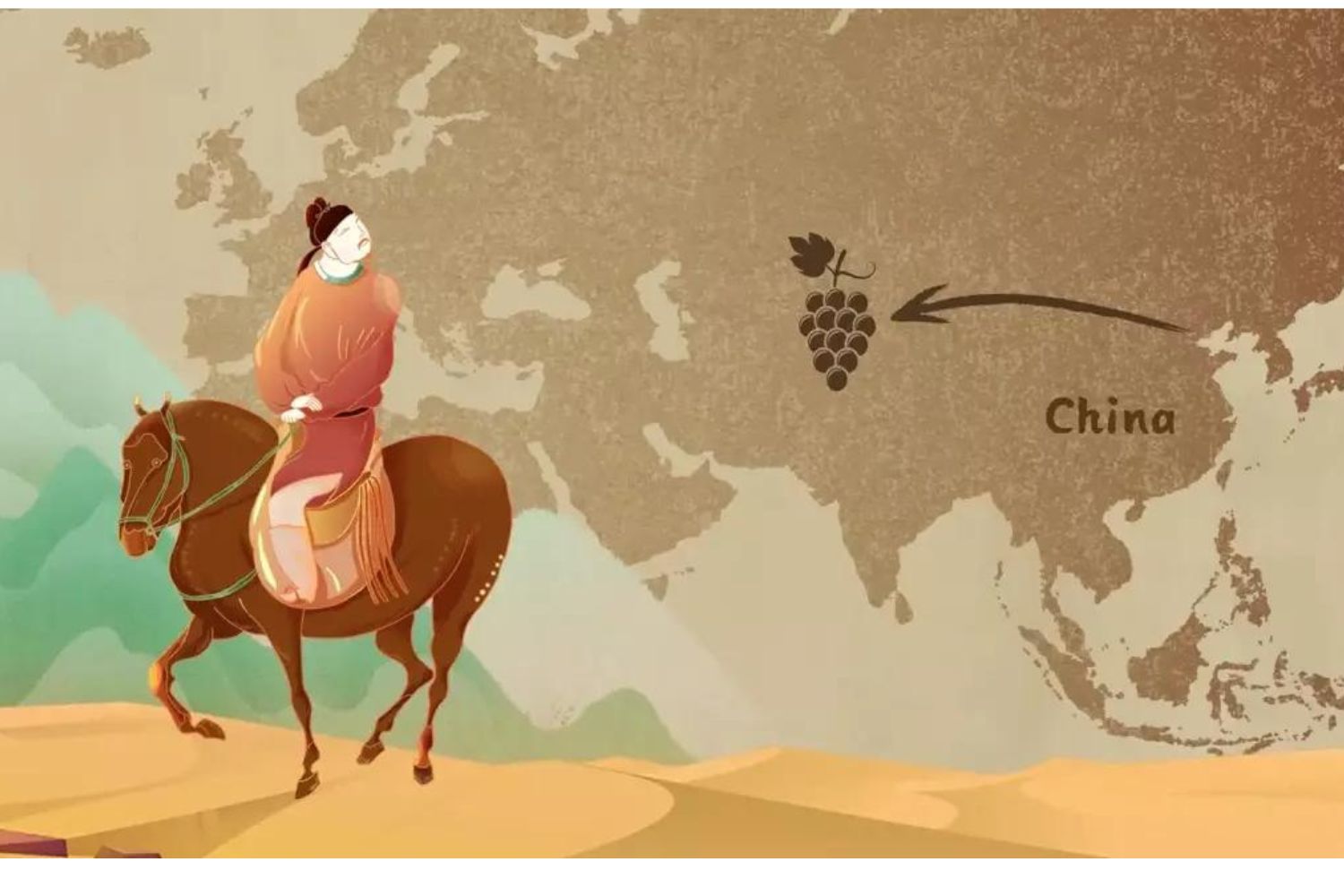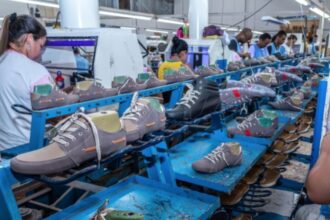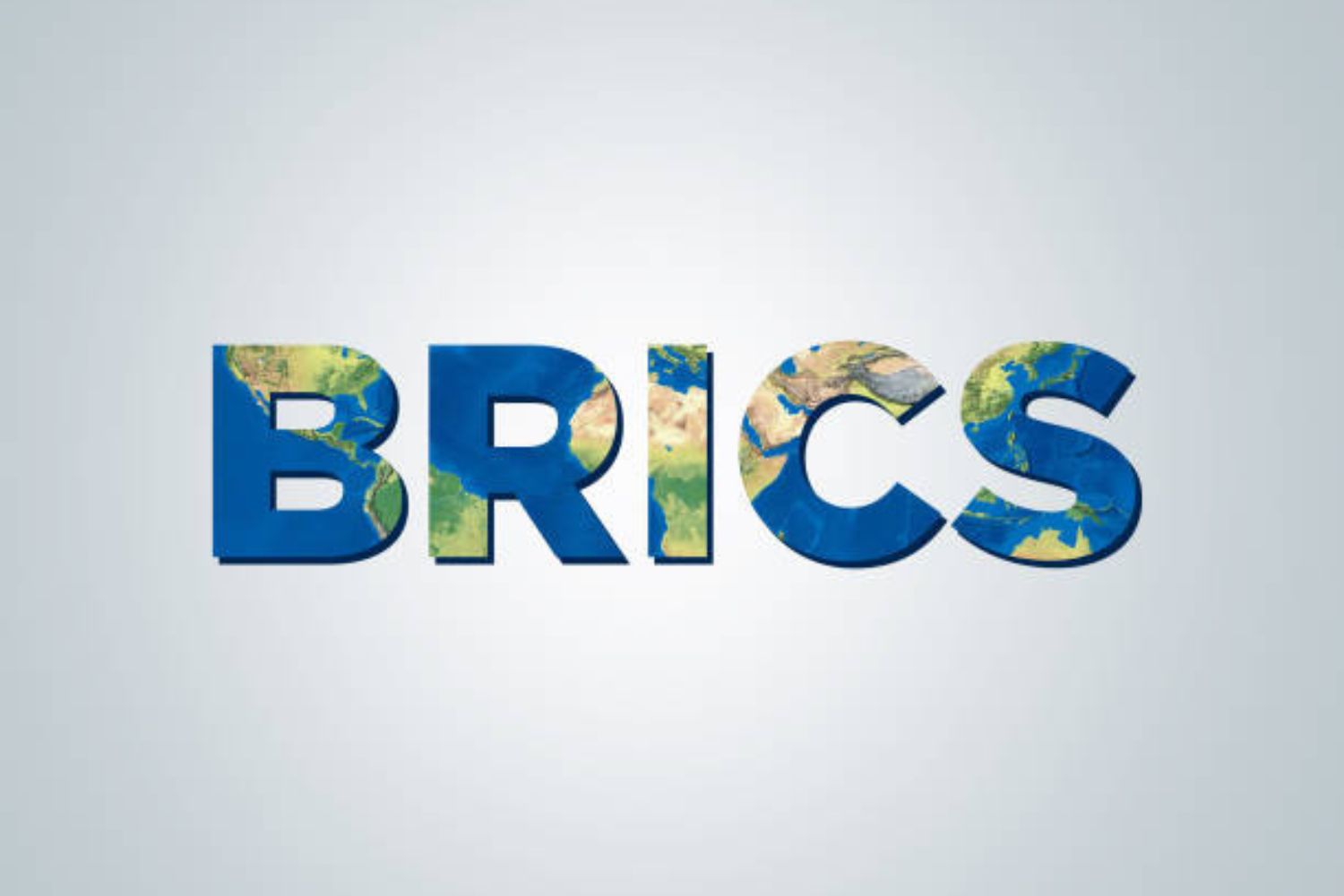Chinese media are reporting that Chinese lawyers are calling for a malpractice probe and criminal investigations of court officials in Northwest China. This is following a viral photo that appears to show judicial officers instructing lower court judges via WeChat messaging services during a criminal trial. The incident occurred at the Tianjun county court in Haixi Mongol and Tibetan autonomous prefecture in the northwestern province of Qinghai.
A photo taken by a lawyer during a trial in Qinghai province appears to show a judge receiving real-time instructions from his supervisors. Most Chinese lawyers have low expectations about the independence of Chinese courts, but many were still shocked to see a judge in northwest China receive real-time instructions from his supervisors in the middle of a trial earlier this month. The recent incident brings back to light the allegations that the ruling Communist Party still dominates the judicial system.
Xi Jinping, China’s leader, considers judicial independence a dangerous idea. Media reports allege that suspected criminals who end up in court are found guilty 99% of the time. In 2006, China was ranked in the bottom third of countries with the worst judicial system. The World Bank’s rule of law- measures uses indicators like property rights and judicial independence. However some law analysts do believe that the quality of judges on the civil and commercial side is getting better and corruption has decreased in the country.
Still, Chinese lawyers have been calling for transparency. Allegedly, a decade ago China’s courts were ordered to upload all but the most sensitive of their rulings to a database called China Judgments Online, which was open to anyone. The platform grew to contain over 140 million decisions. This is not the first time that the Chinese Judicial system has come under fire. In 2023, reports resurfaced again of Chinese judicial crackdown on human rights lawyers that dates back to 2015 where police interrogated and detained over 300 lawyers and paralegal assistants and raided three law firms.
This crackdown was described as the “709” following alleged persecution of Chinese lawyers along with their families. Some lawyers from the “709” faced a renewed wave of targeted repression. Local media reported that these are lawyers who were willing to take on sensitive cases related to civil rights, human rights and ethnic minorities. Research compiled by CHRD, a Chinese human rights defenders’ organisation, claims that twenty human rights lawyers had have had their law licences revoked.
It had also been revealed that the government of China has forced a total of 46 lawyers out of law practice since 2015. It’s unclear whether the renewed accusations by Chinese Lawyers in Qinghai will hold ground.
The United Nations reportedly concluded that human rights defenders and lawyers working on human rights issues in China are systematically subjected to prosecution, reprisals and intimidation for their legitimate activities, including arbitrarily sentenced to long terms in prison or under house arrest, tortured, and subjected to enforced disappearance. The committee urged the Chinese government to refrain from persecuting and prosecuting lawyers working on human rights issues and instead to protect them from prosecution and charges.


